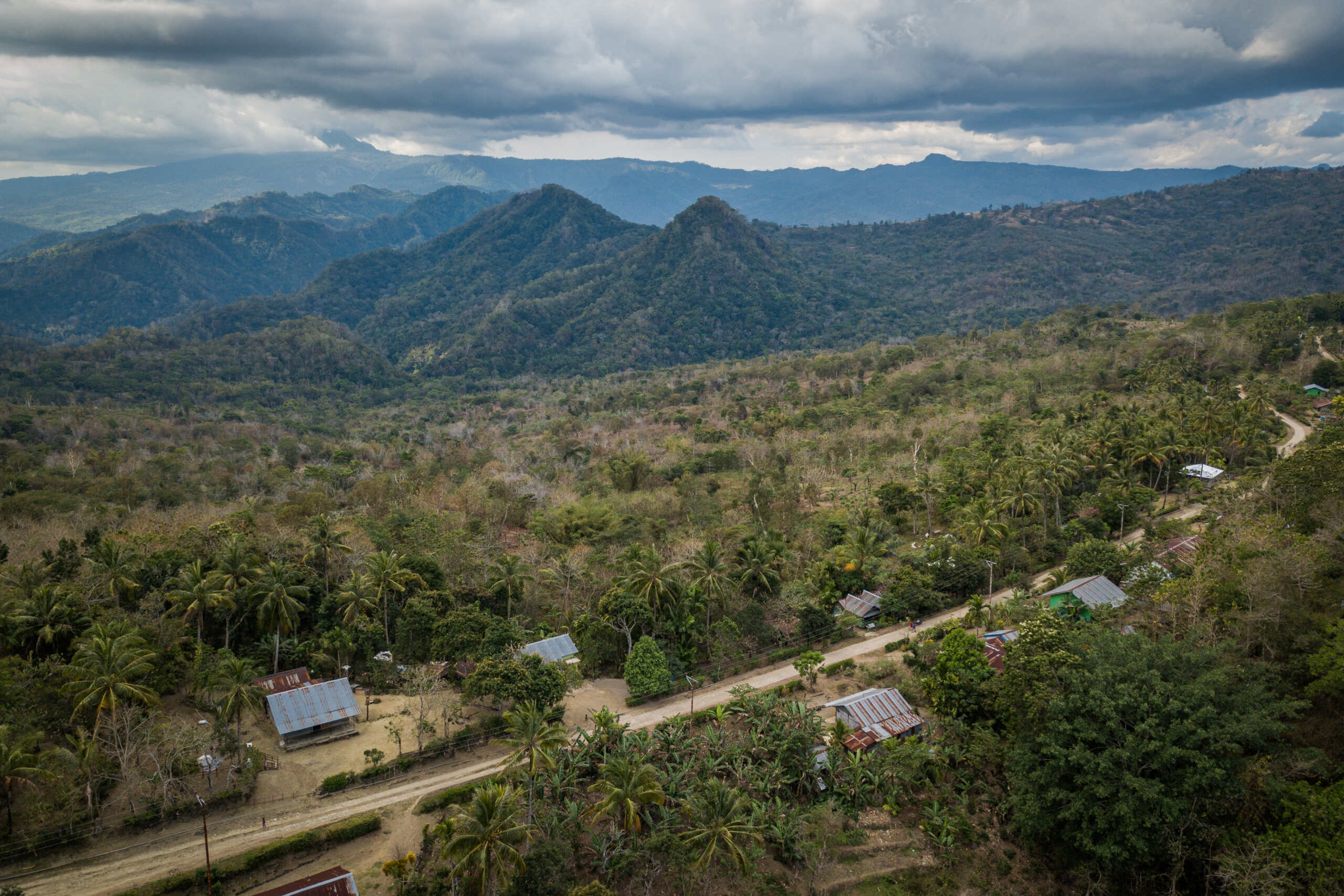How do you build capacity of staff on disability inclusion when staff move on quickly?
Ahp-phase-iii-program, Iag, Stories | June 17, 2024
It is not uncommon that a cascading model of training is used to build the capacity of organisations on disability inclusion: master trainers or focal persons are trained through a Training of Trainers modality, and they are expected to train colleagues within their own organisation.
This becomes problematic when trainers change jobs. In an environment with a high job mobility, this is a big risk. In AHP Phase III we found that there had been 13 changes to the six focal point roles, over the course of three years.
The AHP Phase III’s experience revealed that it is critical to include an adaptive, networked training system that mitigates the risks that comes with high job mobility. An adaptive training system should consider:
- Training on DI needs to be institutionalised: Staff from the technical assistance provider on disability inclusion and focal persons in mainstream humanitarian organisations should form a team of core trainers and in each training session trainers should pair up with each other. New focal persons who join later can then receive mentoring and gradually increase their skill set and knowledge.
- Including people with disabilities as trainers: “Nothing about us, without us”. It is important to engage with people with disabilities and their representative organisations in development and implementation of training on DI, ideally as resource people or trainers within the core team. Apart from bringing in incredibly valuable lived experience, they bring a personal interest and commitment to improving the situation of people with disabilities, and challenge misperceptions of the capacities of people with disabilities.
- Investing in networking, with practical and collective learning: Focal persons benefit from peer-peer learning to navigate the complexity of organisational change and promote disability inclusion within their own organisations. Seeing good practice examples can also help motivate and keep each other accountable. Staff do also benefit from practical learning opportunities through joint field and exposure visits.
- Delivering short training sessions continuously: Create multiple opportunities for staff to enrol in short and tailored training sessions. Instead of a one-off opportunity, staff should be able to enrol on various moments in the year or project cycle. The more user-centred and tailored the training sessions are, the higher the chances for uptake.
I came from a general educational background, without any knowledge on disability inclusion. I realised that I could contribute after receiving 2-3 disability inclusion related trainings from Disability Inclusion Technical Unit.
– Ms. Taslima Ferdushi, World Vision, Disability Inclusion Focal Point; Project Coordinator, Child Protection and Education
Lesson Learned
A training system should be designed with sustainability in mind. A cascading model is not effective in an environment with high staff turnover. Instead, consider generating a network of people who can build capacity of others on an ongoing basis, be adaptive and lowers the barriers to enrol in training and practical learning opportunities for staff.
Discover more
This blog is part of a five-part series of insights into the lessons the Inclusion Advisory Group collated from the Australian Humanitarian Partnership (AHP) Phase III program.
Find out more about the program here.
https://www.cbm.org.au/iag/ahp-phase-iii-program/how-do-you-build-capacity-of-staff-on-disability-inclusion-when-staff-move-on-quickly
Related Stories

Week 3 – Lent series 2026
This week, we’re reflecting with our colleague Christian, Supporter Relationship Specialist at CBM Australia, who turns to John 13:34–35 (NIV): “A new command I give...

Week 2 – Lent series 2026
As we continue our Lent journey, we’re grateful to share a heartfelt reflection from CBM Australia’s Head of Program Impact Operations, Kieran Cummins, who...

Building inclusive, climate resilient communities in Bangladesh
Highlights from DFAT Post’s visit In January 2026, representatives from the Australian High Commission in...
